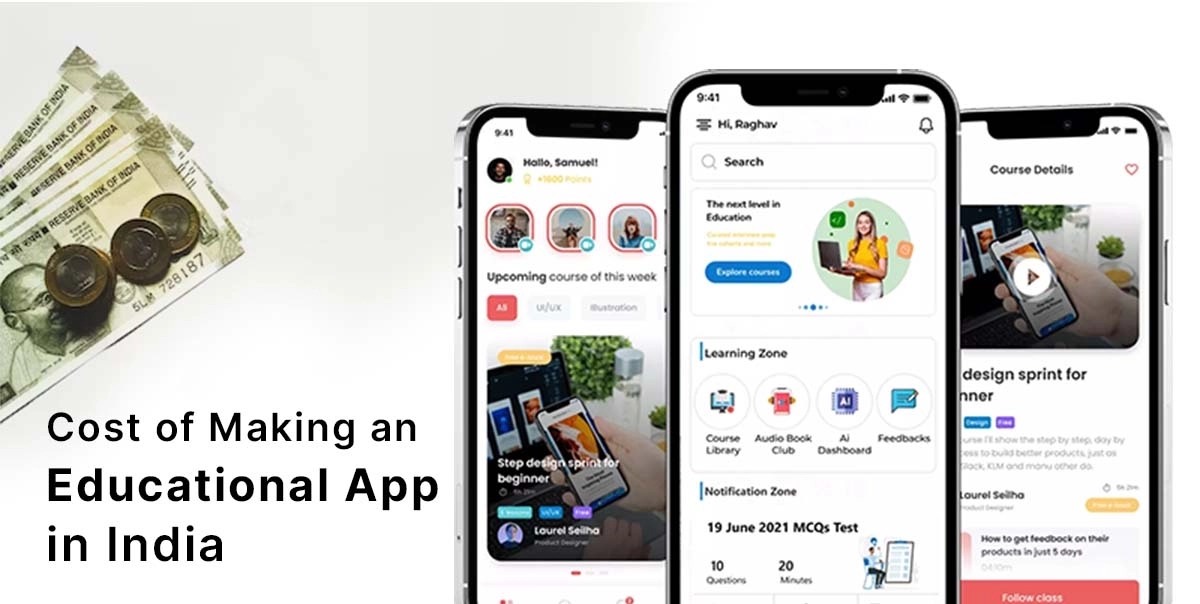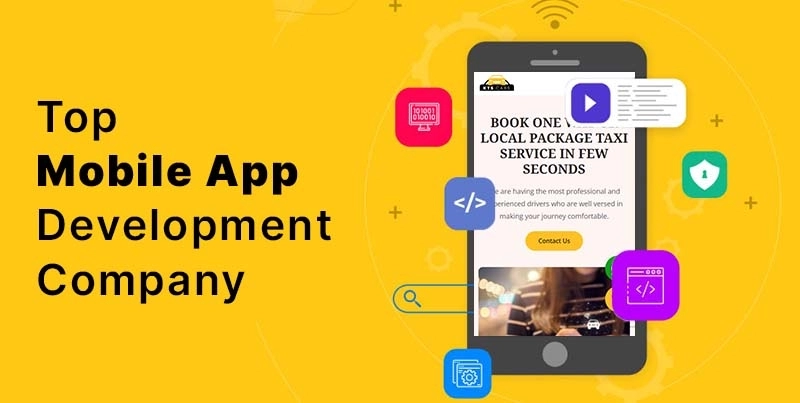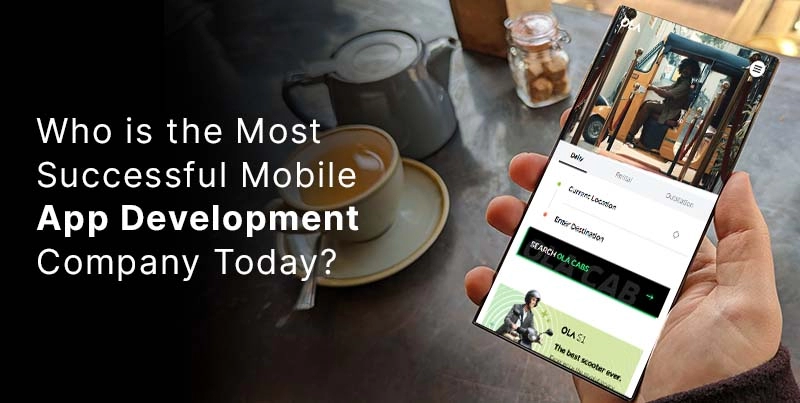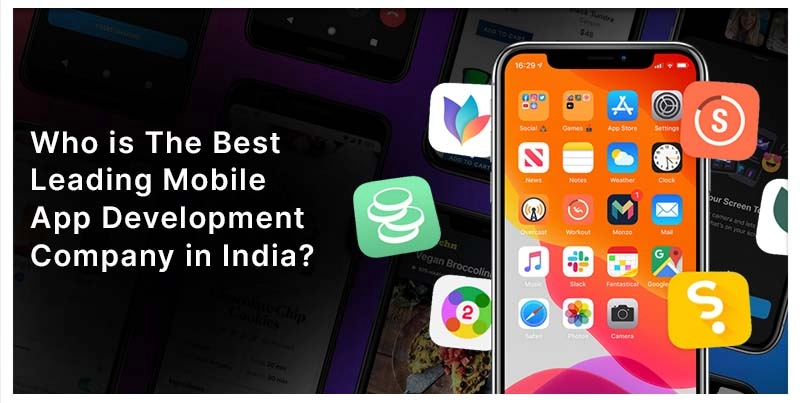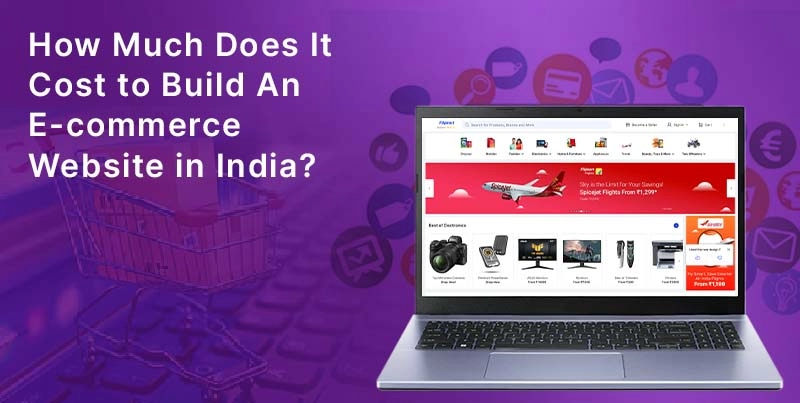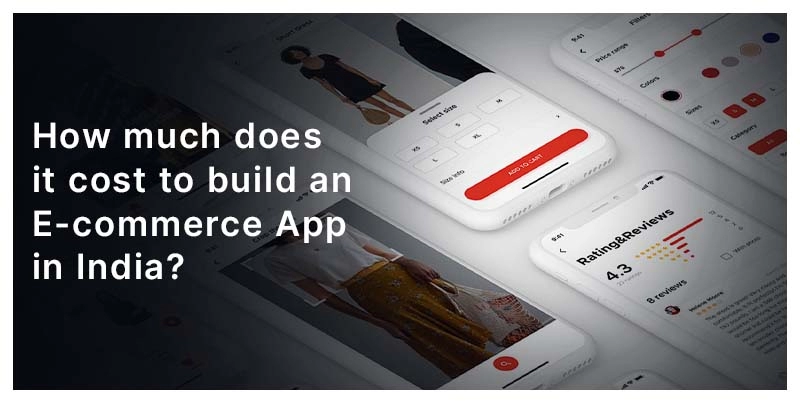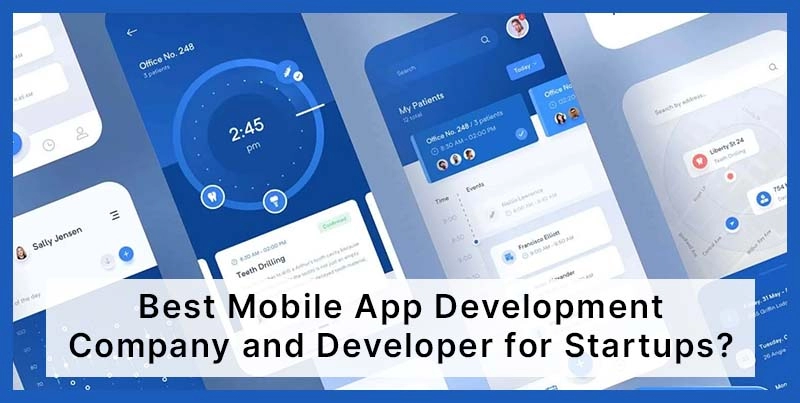Case Studies: Successful E-commerce Platforms
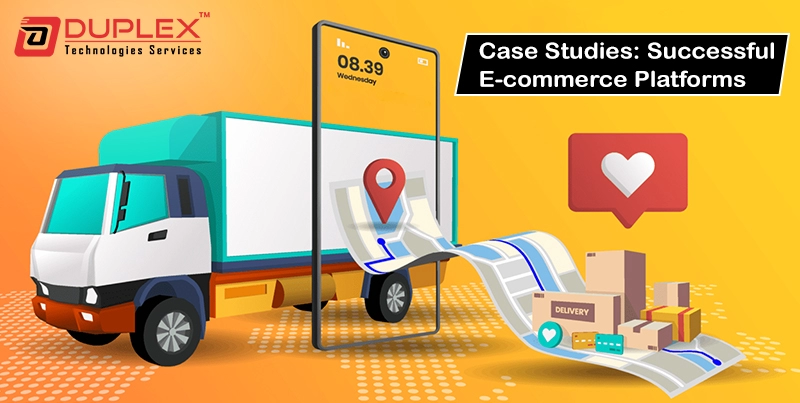
Posted By : Deepank Joshi, Posted Date : Apr 26, 2025
Case Studies of Successful E-commerce Platforms
In the modern digital age, web shopping has moved beyond luxury to become a vital part of mainstream life. With millions of consumers turning to the web for every possible need, from groceries to gizmos, having a strong e-commerce platform is the need of the hour for any company looking to grow.
In this blog, we are going to explore various real-life e-commerce platform case studies, hoping to find the elements that make successful e-commerce sites tick and how companies can learn from the best of the lot.
Whether you are a budding entrepreneur or a new brand wishing to increase its online reach, these top e-commerce examples will give you ideas worth your while. Furthermore, if you are going to run your own shop, selecting the best e-commerce website development company is the good way to go.
Table of Contents
- Most significant advantages of selecting a well-established e-commerce website development company
- The Evolution of E-commerce: Why Case Studies Matter
- Case Study 1: Amazon—The Undisputed E-commerce Giant
- Case Study 2: Flipkart—The Indian E-commerce Powerhouse
- Case Study 3: Shopify—E-commerce Platform as a Service
- Case Study 4: Nykaa—Beauty E-commerce in India Overview:
- Case Study 5: Zappos—Customer Service as the USP
- Case Study 6: Blinkit (formerly Grofers)
- Case Study 7: Glossier
- Case Study 8: Warby Parker
- Important Features Present in the Most Successful E-Commerce Websites
Most significant advantages of selecting a well-established e-commerce website development company
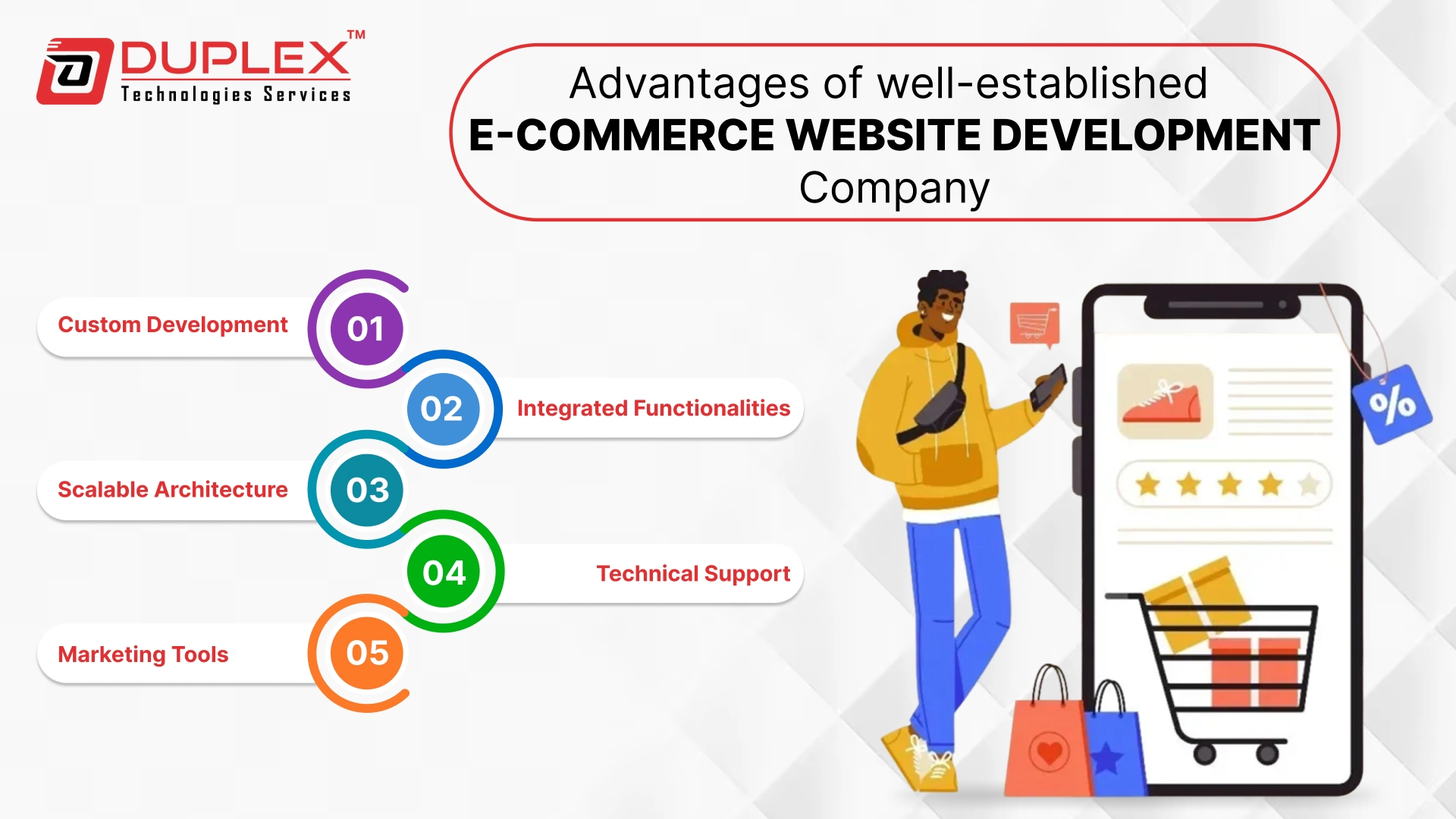
If you desire to launch or expand your e-commerce business, it's the smartest option to employ a renowned e-commerce website development company.
Here's why:
- Custom Development: They create platforms that match your brand's tone and user flow
- Integrated functionalities: covered cart management, CRM functionalities, payment APIs, and logistics integration.
- Scalable Architecture: As you grow, the platform can grow with you.
- Technical Support: Frequent updates, bug fixes, and enhancements.
- Marketing Tools: Advanced SEO, analytics, and remarketing integrations.
Most effective e-commerce websites extend beyond simple products; they have strong technical foundations that these companies diligently offer.
The Evolution of E-commerce: Why Case Studies Matter
The decade has witnessed a phenomenal transformation in the e-commerce industry. From basic online stores, it has grown into rich and feature-filled platforms that provide smooth customer experiences. Studying the paths of successful e-commerce websites provides us with a profound insight into what works and what doesn't.
E-commerce platform case studies are examined to determine the following key factors:
- What technologies and tactics are major platforms employing?
- How are they overcoming challenges like competition, logistics, and customer service?
- What are the sales drivers that cause repeat purchases?
- Let us look at some of the top e-commerce sites to get genuine, practical insights.
Case Study 1: Amazon—The Undisputed E-commerce Giant
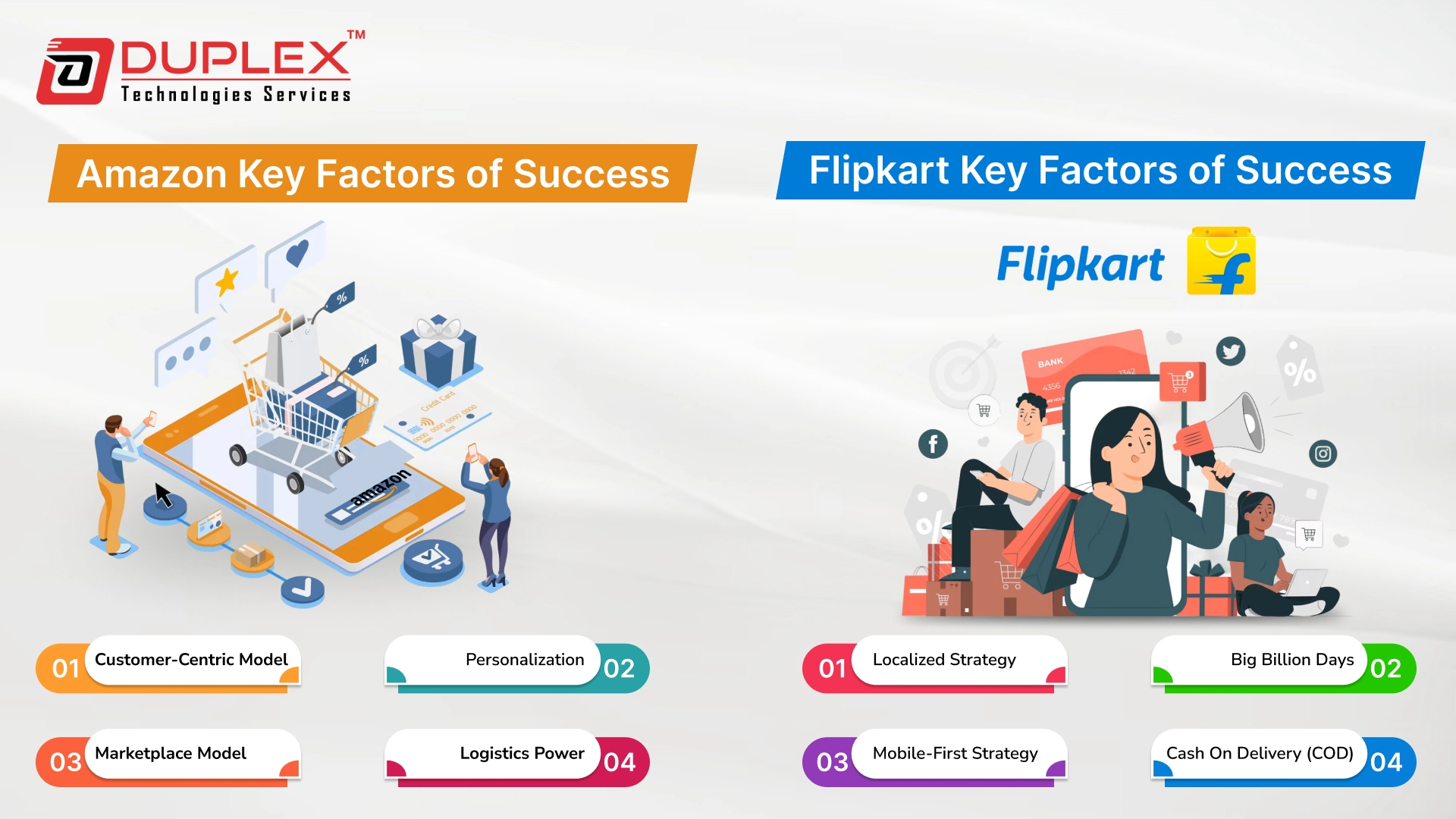
Overview:
Amazon is probably the most successful online shopping website ever. Starting as an online bookstore, it now offers everything from computers to groceries.
Key Success Factors:
- Customer-Centric Model: Fast delivery, return policies, and 24/7 support.
- Personalization: Product recommendations based on browsing and purchase history.
- Marketplace Model: Allows third-party sellers, expanding product variety.
- Logistics Power: Advanced warehousing, last-mile delivery, and Prime memberships.
Lessons for Developers:
If you're looking to build a scalable store, you must focus on:
- Smooth user interface
- Reliable payment gateway
- Powerful backend for inventory management
Partnering with an experienced ecommerce website development company can help you replicate Amazon’s best practices within your budget.
Case Study 2: Flipkart—The Indian E-commerce Powerhouse
Overview:
Flipkart is the most successful Indian e-commerce website that has been offering tough competition to global giants like Amazon.
Key Success Factors:
- Localized Strategy: Targeting Indian consumers' inclinations and delivery points.
- Big Billion Days: Organized mega-sale events that increased user traffic and sales.
- Mobile-First Strategy: A mobile-optimized experience that fared well among India's smartphone users.
- Cash on Delivery (COD): Attracted customers who disliked paying online initially.
Lessons Learned:
Flipkart is an example of how to make the difference by going local. Focus on:
Basic mobile implementations
Regional services and offers
Adjustable payments A commercial ecommerce website development company can assist you in designing platforms specific to your region or target market.
Case Study 3: Shopify—E-commerce Platform as a Service
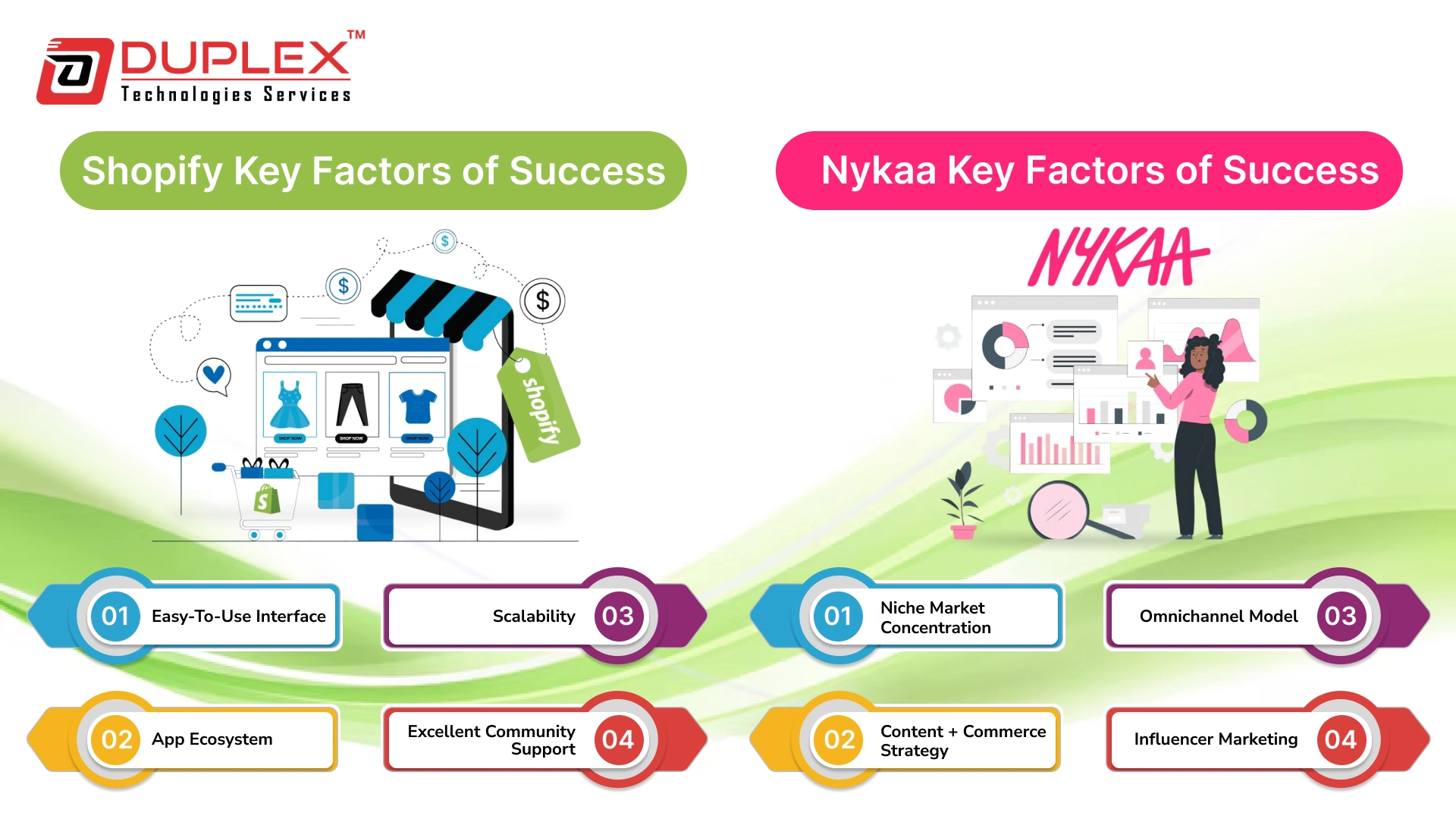
Unlike Flipkart or Amazon, Shopify is an online marketing platform where businesses can create their own online shops.
Key Success Factors:
- Easy-to-Use Interface: Anyone can open a store in minutes.
- App Ecosystem: Thousands of customization plugins and themes.
- Scalability: Supports anything from small boutiques to business-sized corporations.
- Excellent Community Support: Provides tutorials, documentation, and customer support.
Takeaway: If you need a quick, low-code solution, Shopify is an excellent example of how an ecommerce website development platform can be productized.
Case Study 4: Nykaa—Beauty E-commerce in India Overview:
Nykaa started as a web-based cosmetic store and then grew to be one of the top e-commerce models in India. It is now a listed company.
Key Success Factors:
- Niche Market Concentration: Specialized in cosmetics and beauty.
- Content + Commerce Strategy: Cross-promoted beauty tutorials, blogs, and product selections.
- Omnichannel Model: Combined online presence and physical stores.
- Influencer Marketing: Collaborated with beauty influencers to target specific audiences.
Learning Point:
Nykaa illustrates the strength of niche focus. As you grow your platform:
- Identify a specific customer segment
- Invest in content to compel organic visibility
- Create an effective display with sharp layouts and high-quality images A proper e-commerce web development firm will understand how to include niche-based functionality.
Case Study 5: Zappos—Customer Service as the USP
Overview:
Zappos is an American online shoe and apparel retailer with a well-deserved reputation for excellent customer service.
Key Success Factors:
- Free Shipping & Returns: Encouraged visitors to try new products risk-free.
- 24/7 Customer Support: Strong focus on solving problems.
- Company Culture: Empowered employees to provide personalized customer service.
- Loyalty Program: Offered rewards and points for frequent purchases.
What You Can Learn:
- Occasionally it's not the technology—it's people. Design a store that:
- Makes returns easy
- Responds to queries fast
Builds relationships via loyalty programs You'll require a solid tech backend to handle orders and channel support—something that a specialist ecommerce website development firm can do for you.
Case Study 6: Blinkit (formerly Grofers)
Overview:
Blinkit transformed grocery shopping in India with the delivery in 10 minutes.
- What Worked: Hyperlocal warehousing
- Real-time tracking
- Intuitive app interface
- Instant payments and synchronization of order history
This case shows that the ecommerce platform case studies of the future may not be so much about websites but creative logistics, mobile-first design, and data-driven decision-making.
Case Study 7: Glossier
My favorite ecommerce case study is Glossier. In case you too have a beauty brand, read this.
We have broken down Glossier's entire customer experience to reveal 5 lessons that you can implement on your own brand:
- Know your audience and build relationships with them
- Use (micro) influencer marketing
- Focus on branding
- Post engaging content. Provide an exceptional user experience
Case Study 8: Warby Parker
Here are some market strategies used by Warby Parker to become a successful e-commerce website:
1. Don't discount the power of good old-fashioned PR
The idea of buying glasses without ever having to set foot in a store was foreign to consumers a decade ago.
Hence, Warby Parker needed to sell the concept of home try-ons along with their real products.
They used proven public relations methods to convey their value proposition.
2. Simplify right product selection for first-time purchasers:
Online shopping always has doubts and fears. Yes, price
and style matter to customers. But these facts don't matter if your glasses are uncomfortable and don't fit properly. Warby Parker caters to the experience at all times, delivering customers exactly what they are looking for.
- Enter the signature value proposition of Warby Parker and the industry's first of its kind in any category: the Home Try-On program.
- The concept is simple: customers have five days to try five frames of their choice in the comfort of their homes.
- Totally free, no strings attached. Step into Warby Parker's signature value proposition, a trailblazing effort that is the first of its kind in any category: the Home Try-On program.
- Users have two ways to choose their frames: they can choose every frame individually, or they can choose the frames from app or quiz suggestions.
Important Features Present in the Most Successful E-Commerce Websites
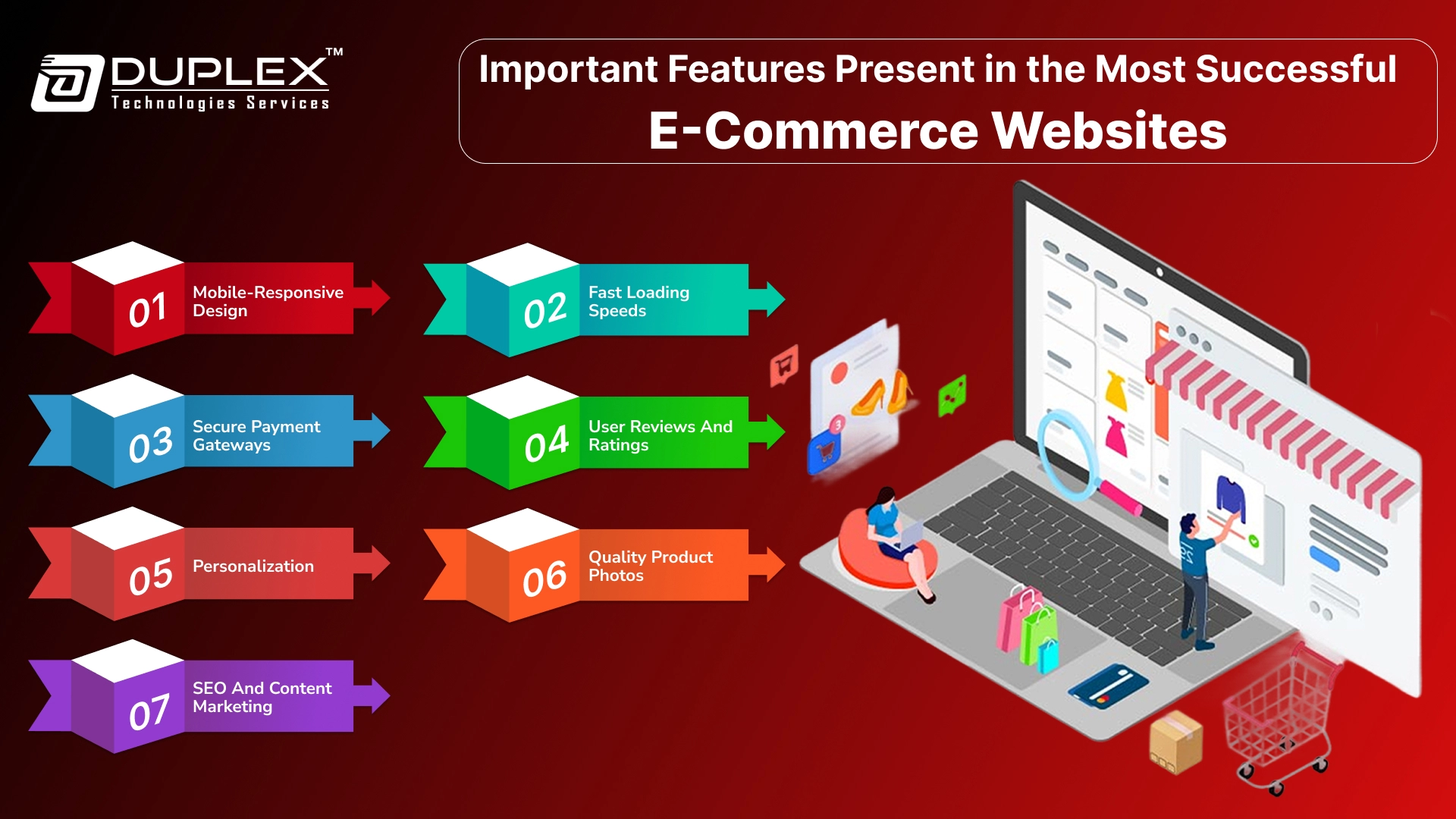
From the above best e-commerce examples, we can infer common success traits:
1. Mobile-Responsive Design
Most of the users come on from smartphones. Mobile must be seamless.
2. Fast Loading Speeds
Even a 1-second delay will reduce conversions. Get the best of optimized hosting, image compression, and caching.
3. Secure Payment Gateways
Trust is everything. Provide safe and flexible payment methods.
4. User Reviews and Ratings
Obtain feedback and present ratings to prove credibility.
5. Personalization
Leverage AI and analytics to offer product recommendations and personalize customer journeys.
6. Quality Product Photos :
Effective visuals influence buying decisions. Add zoom, 360-degree, and video.
7. SEO and Content Marketing :
Organic traffic persists. Videos, guides to buying, and blogs help users and improve ranks.
Checklist Before Launching Your Own Online Shop
Select your niche
Choose from custom development or platforms such as Shopify
Be mobile-friendly and perform quickly
Emphasis on user experience
Organize your marketing (SEO, advertising, social media)
Work with the right ecommerce website development company
What You Can Learn from a analysis of These Case Studies
After gaining adequate knowledge through this article now, if we examine successful e-commerce websites, we find that every site had a different USP and a well-defined target audience. Some were based on customer service (Zappos), others on niche content (Nykaa), and giants like Amazon leveraged tech and logistics to grow globally. If you are considering either starting a brand-new e-commerce company or reinventing one that already exists, taking cues from these in-depth e-commerce platform case studies can give you an invaluable roadmap to follow on your own. With the proper plan, keeping in mind user-centered design practices, and working with a trusted and trustworthy e-commerce website development company, success with your venture is well within reach and accessible. You don’t need a billion-dollar budget to be successful—you just need a clear vision, strong execution, and continuous improvement.
Contact Duplex Technologies for E-Commerce Website Development Services
Do you require the best e-commerce website development? Duplex Technologies is here to assist! We provide customized e-commerce website development services and also entire website solutions. Contact us now at +91-9452000089 to discuss with us what you require!

